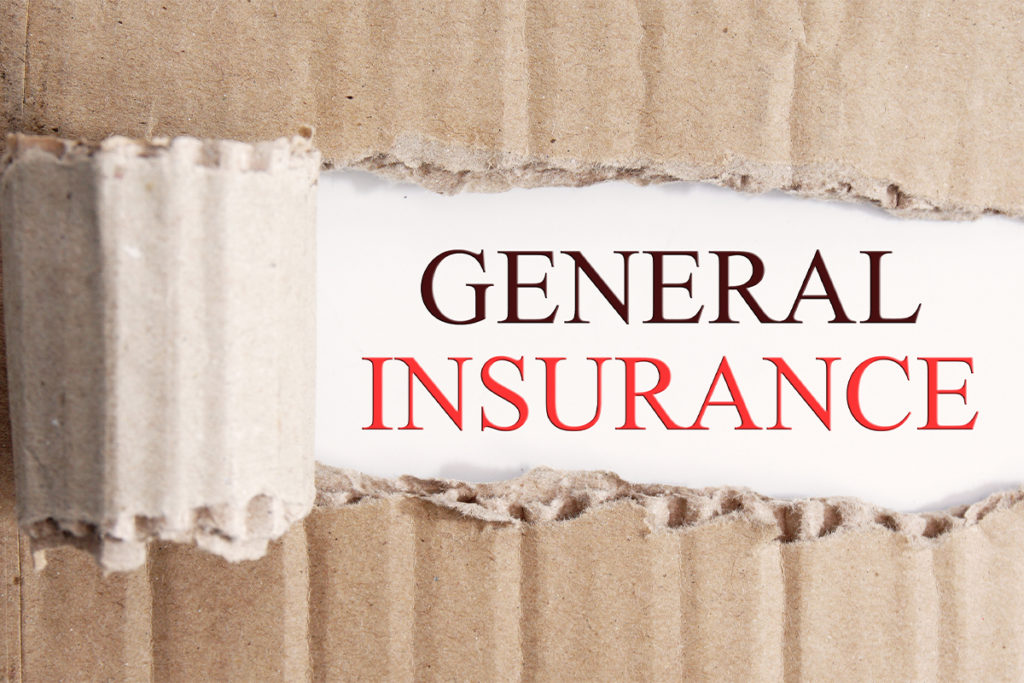
Life Insurance – Do You Need Additional Cover?
August 16, 2022
Gambling. When the dream becomes a problem.
September 26, 2022Recent natural disasters in Australia have demonstrated the benefits of having adequate insurance cover on major assets, especially houses. However, as many people have discovered, making a claim can be stressful, adding to the financial cost and emotion of the original loss.
We can’t eliminate all of the stress, but we can offer a few important points to consider when buying and claiming on insurance. These may at least minimise misunderstandings that policyholders commonly experience:
- An insurance policy on assets such as a house or a car is known technically as a policy of “general insurance”. A key point to understand is that general insurance is an annual contract which the insurer is not legally obliged to renew. This might occur, for example, where you don’t maintain your house properly and the insurer decides to not offer renewal because the risk of loss is calculated to be too high;
- Your so-called “duty of disclosure” is fundamental to the commercial relationship with your insurer. Basically, it’s an honour system. That is, when offering to insure your assets, the insurer is relying on the truth of the statements you make. So for example, if they ask you whether you have an alarm system installed and you don’t have one or it’s not operating, the insurer may choose to deny your claim;
- Most of us will have had the experience of speaking with an insurer (or other service provider) where a message is played up-front stating that the conversation is being recorded for “training, quality and assurance purposes” (or words to that effect). These messages are always friendly, but understand that whatever you say is on the record forever. So choose your words carefully;
- Buyers of insurance, especially on houses, often underestimate the cost of rebuilding, partly in order to control the annual cost of the policy (aka the premium). If you haven’t built or renovated a house in recent years, you may be surprised to learn how much costs have risen over the last ten years. So before buying or renewing a policy, consider retaining a builder or valuer to offer some guidance about values. This may be overcome by purchasing a “replacement value” policy, but this is likely to be more expensive. It’s also important to understand the meaning of “replacement value” which will be defined in your policy document;
- Every insurance policy document contains a comprehensive list of what is covered by the insurer and (and perhaps more importantly) what is not covered. Read this carefully. You don’t want to be in a position where at the point of catastrophe when you need your insurer most, your claim is denied because of an unexpected so-called “exclusion”;
- Insurance policies are legal documents, drafted by lawyers whose role is to protect their clients’ commercial interests. As a result, policy documents are often wordy, technical and hard to understand. So take your time to read the policy document, understanding that it is a written contract between you and the insurer. Hopefully, when the time comes to make a claim, your insurer will act reasonably (most do), but understand that insurance is not a charity. It’s a business which must make a profit to survive, so it’s not uncommon for insurers to invoke words, definitions and exclusions that minimise their losses to the detriment of your financial interests;
- Some insurance policies have a provision that denies a claim where a loss occurs while a property is vacant for an extended period, for example, while a person is travelling overseas on holidays or deployed on ADF service. Depending on your policy’s wording, this may be overcome by ensuring that your property is occupied or regularly visited while you’re away. Policies differ, so it’s important to check your policy and/or speak with your insurer to understand their expectations and requirements under the contract;
- Clearly there’s a myriad of circumstances and events that occur about which insurance claims are made. One of the more common ones is water damage. That includes floods and storms which have devastated communities throughout Australia in 2022. There’s another form of water damage that goes somewhat unnoticed, but causes considerable grief and cost to many people. That is, burst flexible pipes under sinks in kitchens and bathrooms. Like every product, some of these pipes are of higher quality than others. Some of these can rust out quite quickly and burst under pressure, causing extensive damage. The message here is to have a registered plumber check the pipes on a regular basis and replace them as required. Why wait for the problem to happen and be forced into a potential battle with an insurance company when the preventative solution is so simple and inexpensive?;
- Clearly, the points in this article are by no means comprehensive, but are offered to prompt thought and any necessary action. There’s a lot more on the subject of insurance on the Centre’s website and at www.moneysmart.gov.au; and
- You might also consider speaking with a licensed insurance broker. You can source one through associations such as The National Insurance Brokers Association (www.niba.com.au). Should you decide to do that, make sure you understand their fees/commissions and don’t hesitate to ask questions to ensure that your broker is acting in your best interests.
If you’re unhappy about your insurance policy and/or the advice you’ve received, you can lodge a complaint free of charge with the Australian Financial Complaints Authority (www.afca.org.au).








